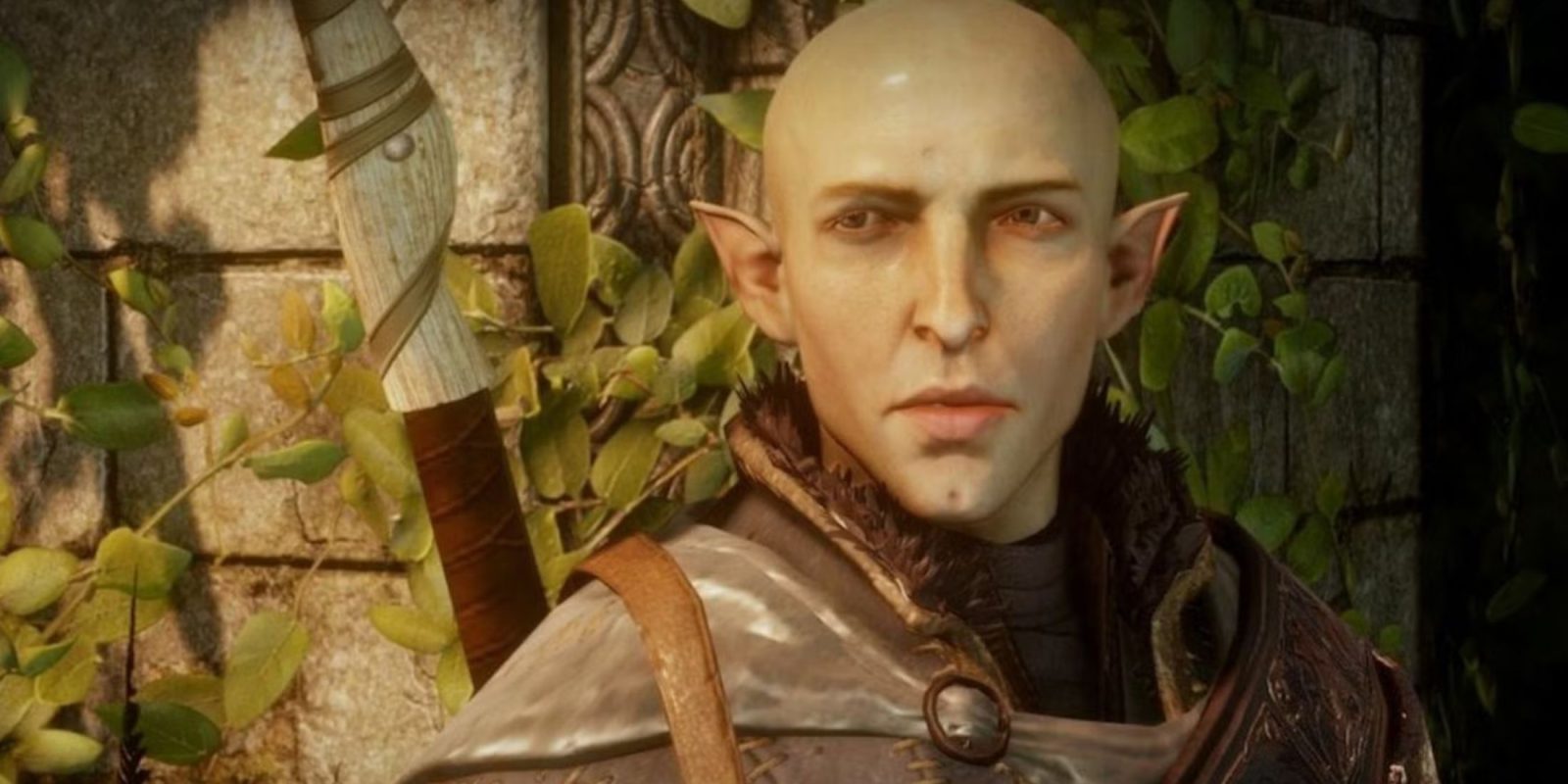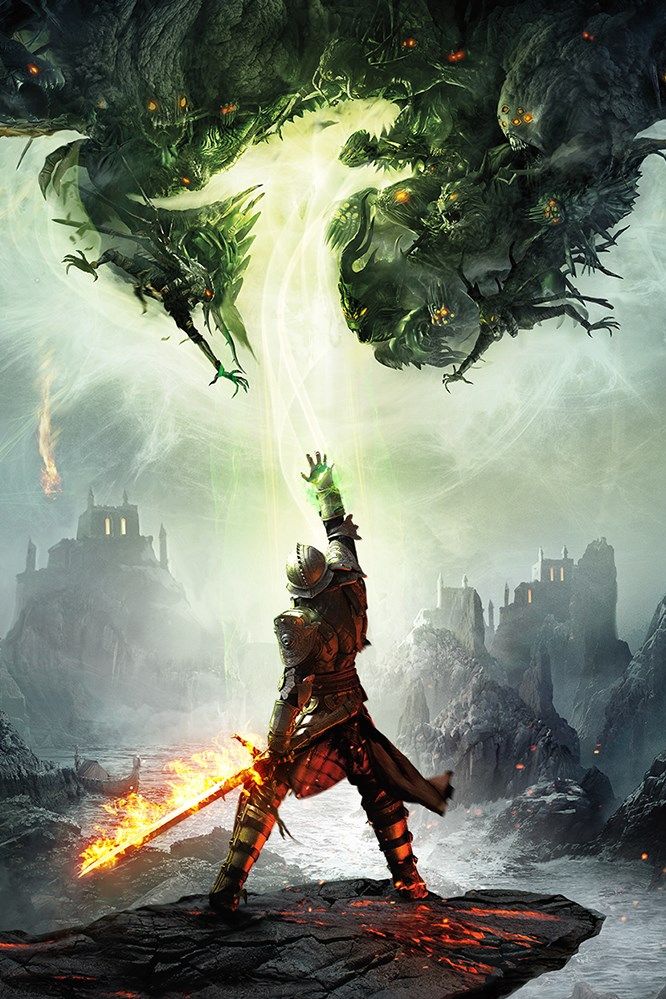Dragon Age: Inquisition was released a decade ago in 2014. It involved a lot of firsts for BioWare, including its first entry developed on EA’s Frostbite Engine. This resulted in a Dragon Age game that brought incredible highs with some awkward spots, such as the now infamous Hinterlands problem. One of the areas it excelled in, however, was how it made Thedas a more unique fantasy setting, with a strong and consistent narrative thread that could be traced back through its timeline.
Dragon Age reveals its lore in a way that goes beyond a simple presentation, such as in letters, books, and notes that show the different and diverse perspectives of those living in Thedas. Rather than simply expanding on the lore, Dragon Age: Inquisition began to deconstruct some of the known truths in Thedas, particularly the religions of the elves, dwarves, and the Chantry.

Related
Dragon Age: All Mage Companions In The Series, Ranked
Magic and those who wield it are integral to the world of Dragon Age. Some have better stories, more powers and/or influence on the world than others.
Expanding the World of Dragon Age with Inquisition
Dragon Age: Inquisition was a game that brought to the fore deconstructions of several themes, including that of the “chosen one” narrative. The way its main story addresses religion and legends, from their often humble origins and how they’re perpetuated into grandeur, was a massive departure from Dragon Age 2‘s smaller, contained story, and not as much a return to Dragon Age Origins‘ tone as some players wanted. This helped establish the pattern of Dragon Age‘s pattern of creating new experiences in each game in the series on several levels, including gameplay and narrative themes.
One of the biggest legacies that Dragon Age: Inquisition left behind was the mark it made on Dragon Age‘s lore. Where Dragon Age Origins and Dragon Age 2 established and created the foundations of the world of Thedas, Dragon Age: Inquisition‘s revelations deconstructed swathes of it. Rather than contradicting established lore, however, the deconstruction of Dragon Age‘s lore was consistent with the themes of Dragon Age: Inquisition‘s narrative of the origin of religious figures. With a literal religious figure as a party member masquerading as himself in his purest form before the weight of legend was attached to him, Dragon Age: Inquisition‘s themes are difficult to forget.
Making the World of Dragon Age More Complex
The addition of Dragon Age: Inquisition‘s final DLC, Trespasser, further exemplified this theme, particularly as it grappled with the Inquisition’s legacy and if the Inquisition should be disbanded or be continued as a powerful force in Thedas. This all came to a climax in the final conversation with Solas, where the Inquisitor had the opportunity to question him about his role in his rebellion, the figure he came to be remembered as by the people he saved, and by those who remained.
Dragon Age: Inquisition comes under fire even today for its massive open worlds filled with side quests that amount to little more than busywork. Another point of contention was its Power system, which would sometimes drive its story pacing to a crawl, so those who wished to sidestep the fetch quests were unable to progress through the main questline. These criticisms were heard loud and clear by BioWare, and although they were present in Mass Effect: Andromeda, Dragon Age: The Veilguard launched free of these concerns. Despite these drawbacks, Dragon Age: Inquisition still holds up today as a strong RPG with a narrative identity that held the Dragon Age series up for an entire decade.
Source link












Leave a Reply